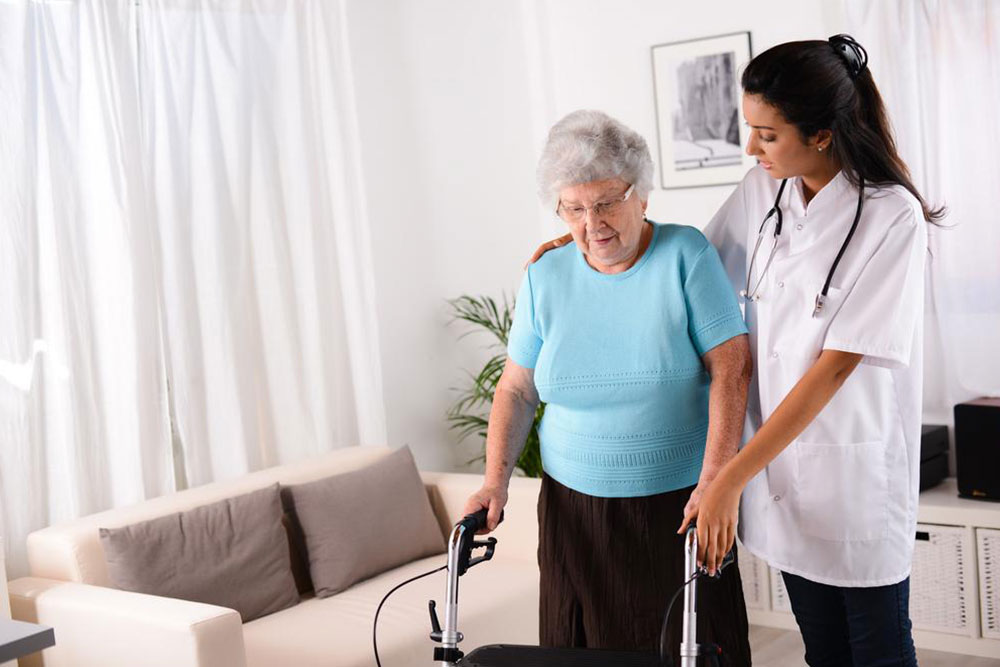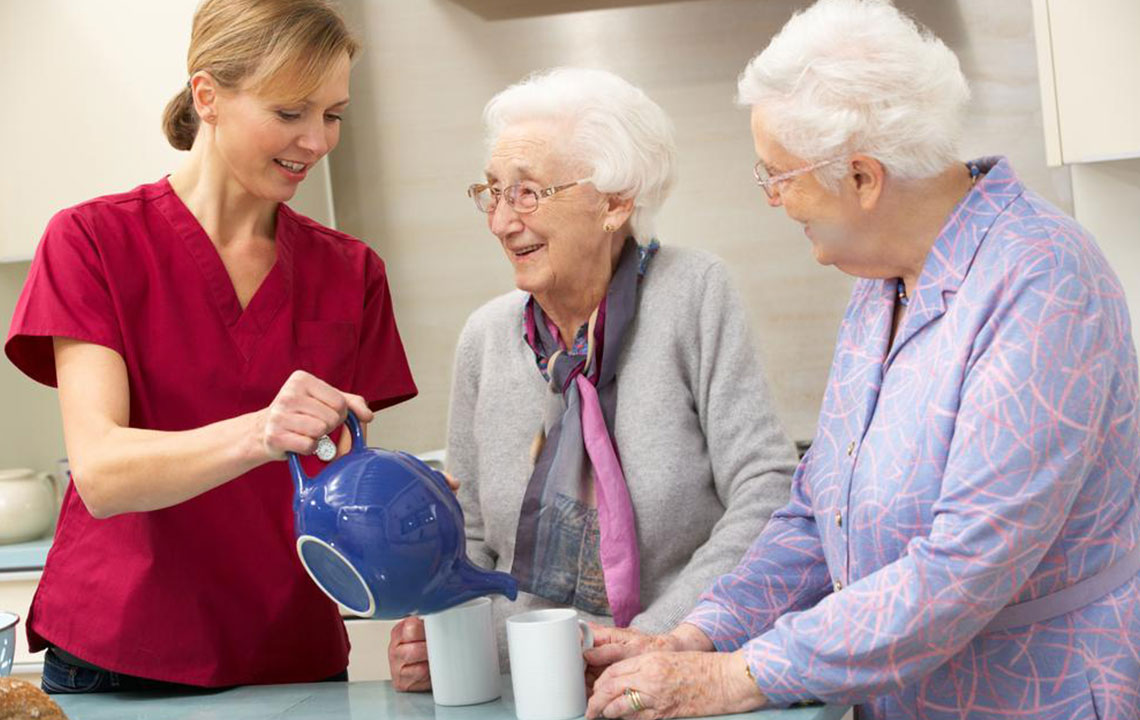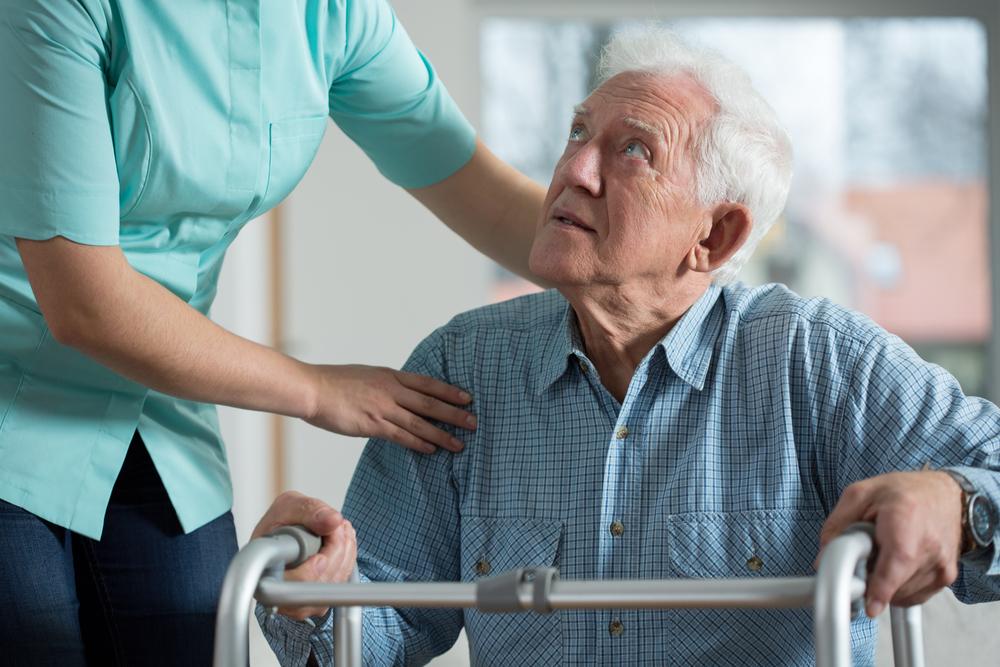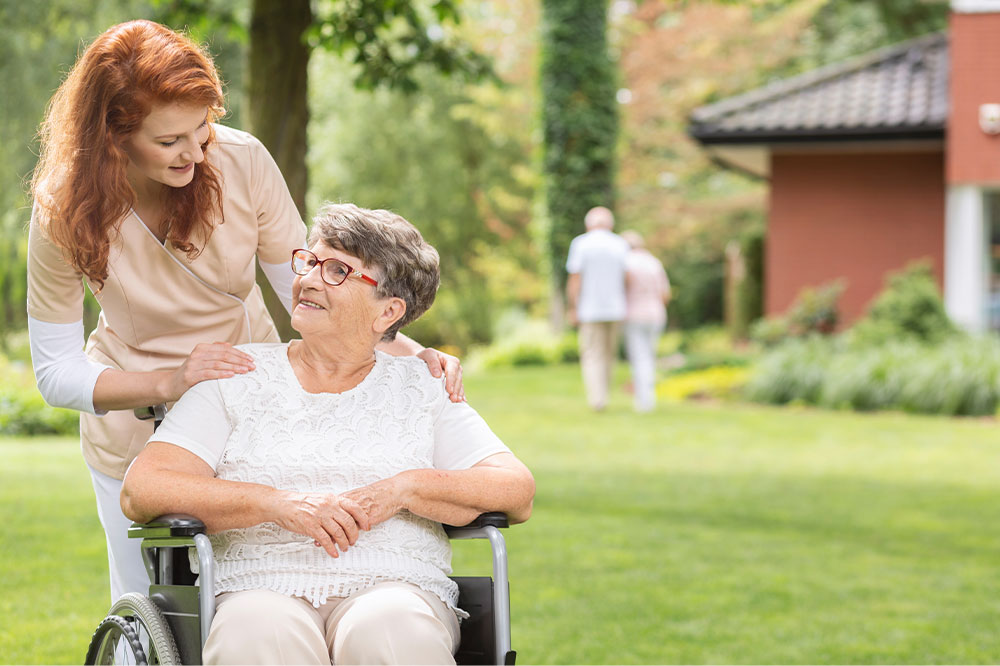Signs It's Time to Transition Your Senior to Assisted Living
Learn how to identify when your senior loved one needs assisted living. Key signs include difficulty with daily tasks, social withdrawal, recent injuries, and behavioral changes. This guide offers essential tips to help families make informed decisions about transitioning their loved ones to a safe, supportive environment that promotes independence and well-being.
Sponsored

Recognizing when seniors should consider assisted living options
While aging at home can be ideal, certain health challenges make independent living unsafe for seniors, especially if they live far from family. Family members and friends should closely monitor their loved ones for signs that professional care may be necessary. In cases involving dementia or mobility issues, moving to a reputable assisted living community ensures safety and well-being. Making this decision can be difficult, but recognizing key indicators like difficulty performing daily tasks, social withdrawal, or recent injuries can guide you toward the right choice for your loved one's health and happiness.
Struggling with daily activities?
If your loved one finds it hard to cook, manage medications, bathe, dress, or lift light objects, it indicates they may need additional help. Assisted living staff can assist with these tasks, ensuring safety and independence while alleviating your worries.
Are they eating properly?
Reduced mobility can prevent seniors from preparing nutritious meals, leading to weight loss and nutritional deficiencies. Professional caretakers ensure they receive balanced meals and timely medication reminders.
Is their home in order?
When maintaining the house becomes overwhelming due to low energy or mobility issues, it’s a sign they might benefit from assisted living. These facilities handle chores like cleaning and yard work, enabling seniors to enjoy their time without stress.
Have social habits declined?
Withdrawal from social activities and hobbies could suggest loneliness or depression. An assisted living environment offers companionship and community engagement, encouraging seniors to stay active and socially connected.
Any sudden behavioral changes?
Mood swings, forgetfulness, confusion, or wandering may indicate cognitive decline or mental health issues. Professional care ensures safety and appropriate medical attention.
Recent injuries?
Falls or accidents are common among seniors and can result in mobility declines. If they happen frequently or you're unable to supervise regularly, moving to assisted living can reduce risks and promote recovery.
Is their community supportive?
A caring neighborhood provides vital assistance. If your loved one lacks nearby support, an assisted living facility offers 24/7 care and social opportunities to ensure their well-being.
Deciding on full-time care is emotional and complex. Consult with your loved one, their healthcare provider, and consider facilities that are licensed, staffed with qualified professionals, hygienic, offer emergency support, and provide engaging activities to enhance quality of life.






